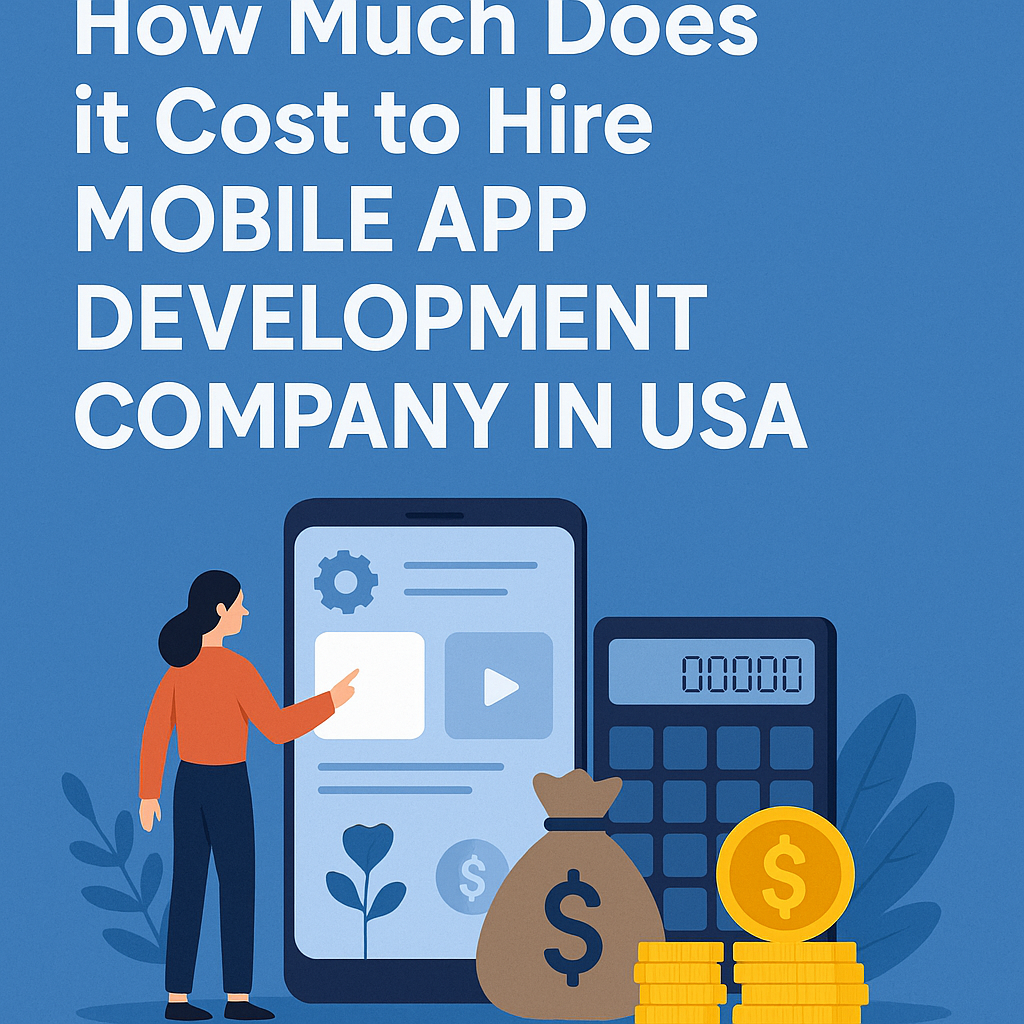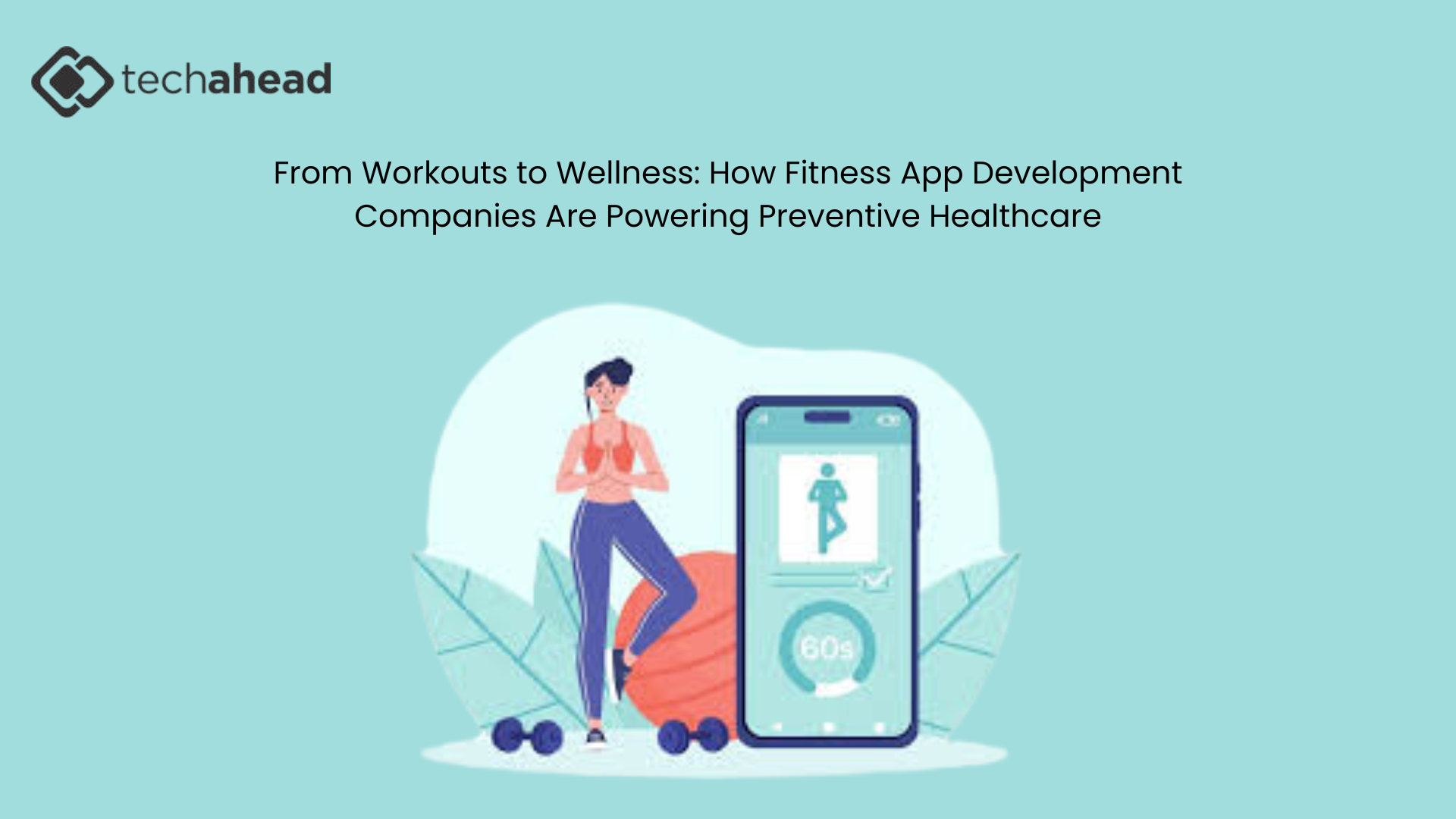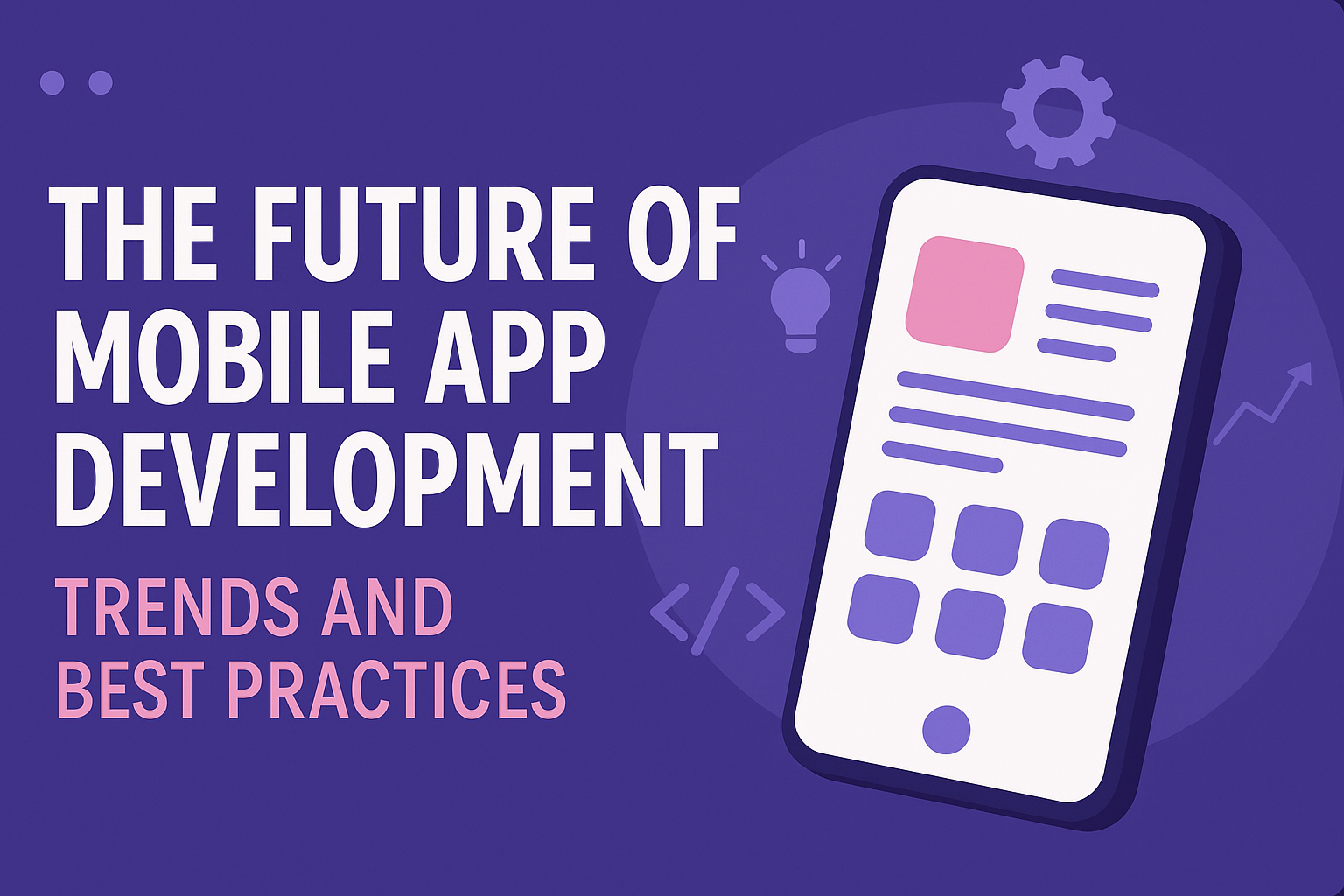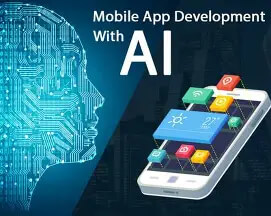What technologies and frameworks do you use for logistics app development?
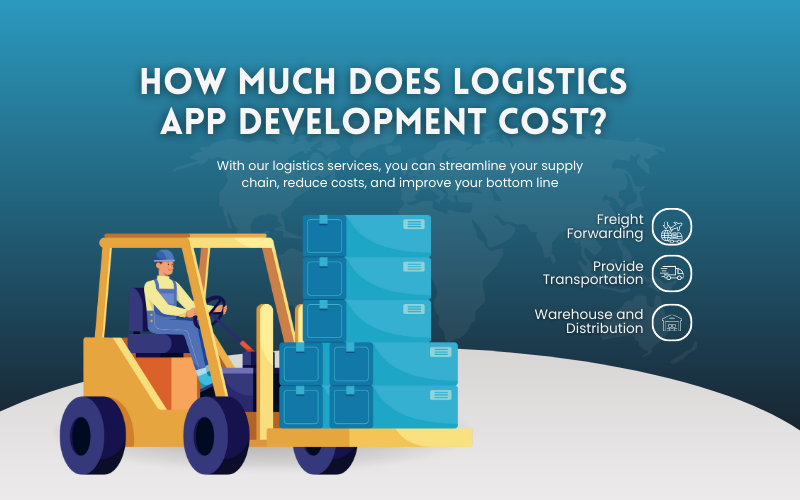
Strong 8k brings an ultra-HD IPTV experience to your living room and your pocket.
Creating a productive logistics mobile app involves the right choice of technologies and frameworks. Such tools are the building blocks for critical functions such as real-time tracking, route planning, inventory tracking, communication, and analytics. With efficiency and visibility being top priorities in the industry, the development stack chosen can make or break scalability, performance, and user experience. The following is a detailed breakdown of technologies and frameworks used for developing logistics apps.
✍️ Developers are shifting toward microservices for scalability. Read how this architecture impacts modern app development projects.
Mobile App Development Frameworks
For logistics apps that must run on multiple platforms, cross-platform frameworks are usually the standard of preference. Once coding is done, it can be executed on iOS app development company and Android app development company. React Native and Flutter are two widely used frameworks. React Native, supported by Facebook, provides high-quality native performance and access to a large community of libraries. Flutter by Google provides rapid rendering and a highly customizable UI. These tools enable quick development without affecting performance or user experience.
Native development uses Swift on iOS and Kotlin and Java on Android. Both of these languages provide excellent optimization and enable developers to make optimal use of device-specific features necessary for location-tracking and push-notification-enabled logistics apps.
Backend Technologies
Most of the processing occurs in the backend of a logistics app. Backend processes the data, manages users, tracks vehicles, updates inventory, etc. Node.js is commonly utilized with its non-blocking design and high performance level. Express.js, a lightweight Node.js framework, assists in creating a RESTful API that interfaces the app to the backend.
For logistics applications that need real-time capabilities, you can use Firebase or Socket.IO to enable real-time messaging and notifications. Firebase also provides cloud storage, user authentication, and analytics, so it's a favorite among startups or small-scale logistics companies who need to scale rapidly.
Other backend frameworks like Django (Python) and Laravel (PHP) are also good options for creating strong, secure, and scalable server environments. They have inbuilt admin panels, ORM features, and strong security features that are helpful for logistics software that deals with sensitive business information.
Database Systems
Data handling is very important in the logistics sector. Applications can have to handle a huge volume of data, e.g., shipping details, route history, delivery timetables, and customer data. Relational databases like PostgreSQL and MySQL are popular for structured data with intricate relationships, e.g., vehicle timetables and managing delivery routes.
NoSQL databases like MongoDB are typically used for rapid access and scalability. These databases are suitable for handling semi-structured or unstructured data and provide schema flexibility. In high-performance logistics where response time is crucial, in-memory databases like Redis can also be utilized to cache data that is accessed frequently to minimize latency.
Location and Mapping Technologies
A fundamental aspect of any logistics app is route planning and real-time location tracking. The Google Maps API is the most commonly used software for the purpose, offering location data, route planning, distance estimation, and traffic data. For complex navigation and mapping, Mapbox is another well-used option famous for its customizability and affordability.
In certain logistics usages, OpenStreetMap or Here Maps can serve as a substitute to Google Maps, particularly if customization and licensing flexibility matter. These applications offer address lookups, route matching, and turn-by-turn directions.
Using geofencing technology, you can send notifications when delivery trucks drive in or out of specific areas, allowing you to have greater control over your field operations.
Cloud Platforms and DevOps
Scalability and performance are of paramount importance in logistics applications running across cities, regions, or even nations. Cloud platforms like Amazon Web Services, Google Cloud Platform, and Microsoft Azure offer the infrastructure to host backend services, databases, APIs, and storage.
These offer services like load balancing, auto-scaling, and continuous delivery pipelines. DevOps toolsets like Docker and Kubernetes are also used to automate the deployment process as well as handle containerized applications. These tools provide high availability and low downtime, which is necessary for logistics operations that run 24/7.
Security Technologies
Logistics applications typically deal with sensitive information including customer addresses, payment information, and internal operations of a company. In order to secure such information, encryption standards like SSL and TLS are employed to safeguard data in transit. OAuth and JWT are adopted for secure authentication and authorization.
Developers also discover potential vulnerabilities through secure coding and vulnerability scans. Firewalls, intrusion detection, and endpoint protection also form part of the security architecture when the app is used in an enterprise setup.
Analytics and Reporting Tools
Data-driven decision making is the major advantage in logistics. Connecting analytics tools can enable tracking of delivery performance, fuel usage, route effectiveness, and customer satisfaction. Google Analytics for Firebase, MixPanel, and Amplitude tools can assist you in tracking your app's behavior.
For reporting and dashboards, you can integrate business intelligence tools such as Power BI, Tableau, or customized solutions using libraries such as Chart.js and D3.js. These help logistics managers and stakeholders extract insights from real-time and historical data.
Conclusion
Logistics mobile app development is a sophisticated process that incorporates a broad array of technologies and frameworks. From the backend system and mobile app development platforms to location services and security measures, all layers are crucial in developing a solid and useful solution. Your last technology stack should be selected according to the exact requirements, operation level, and future growth strategies of your logistics company. The right combination of tools strategically will make your logistics app functional, scalable, and competitive in a quickly evolving digital world.
Note: IndiBlogHub features both user-submitted and editorial content. We do not verify third-party contributions. Read our Disclaimer and Privacy Policyfor details.



